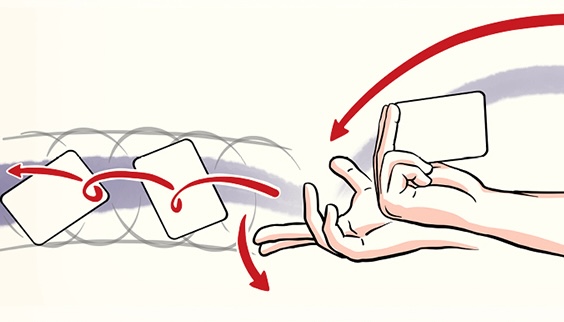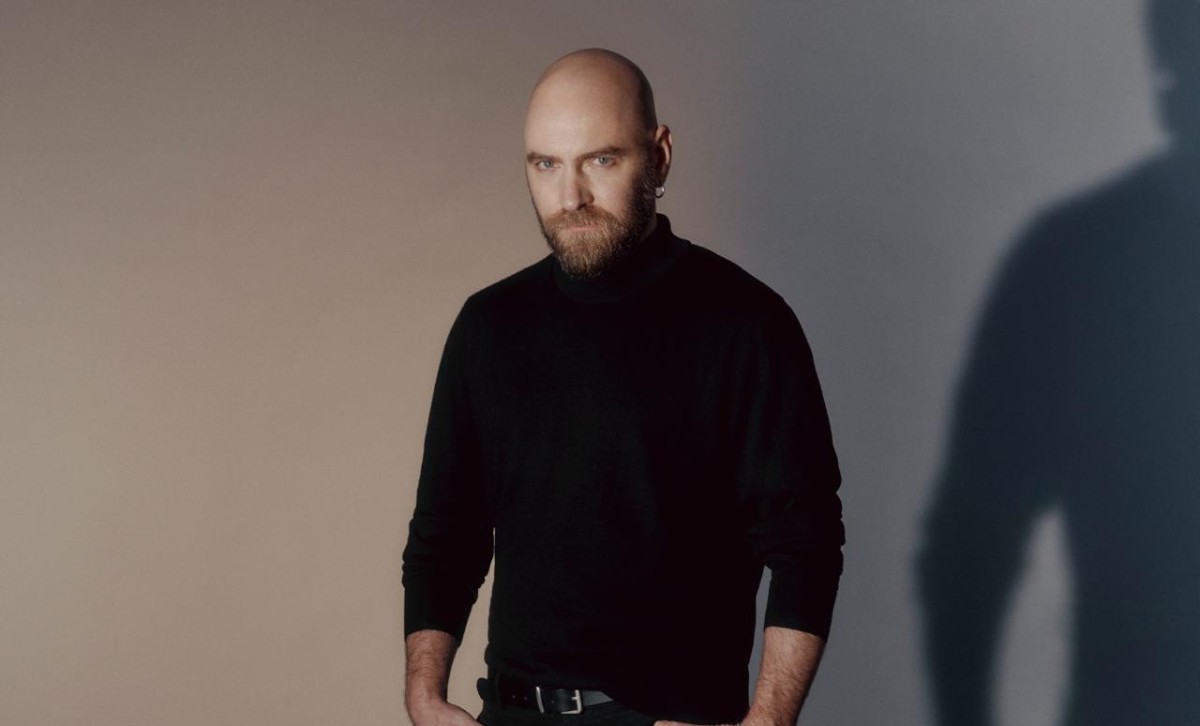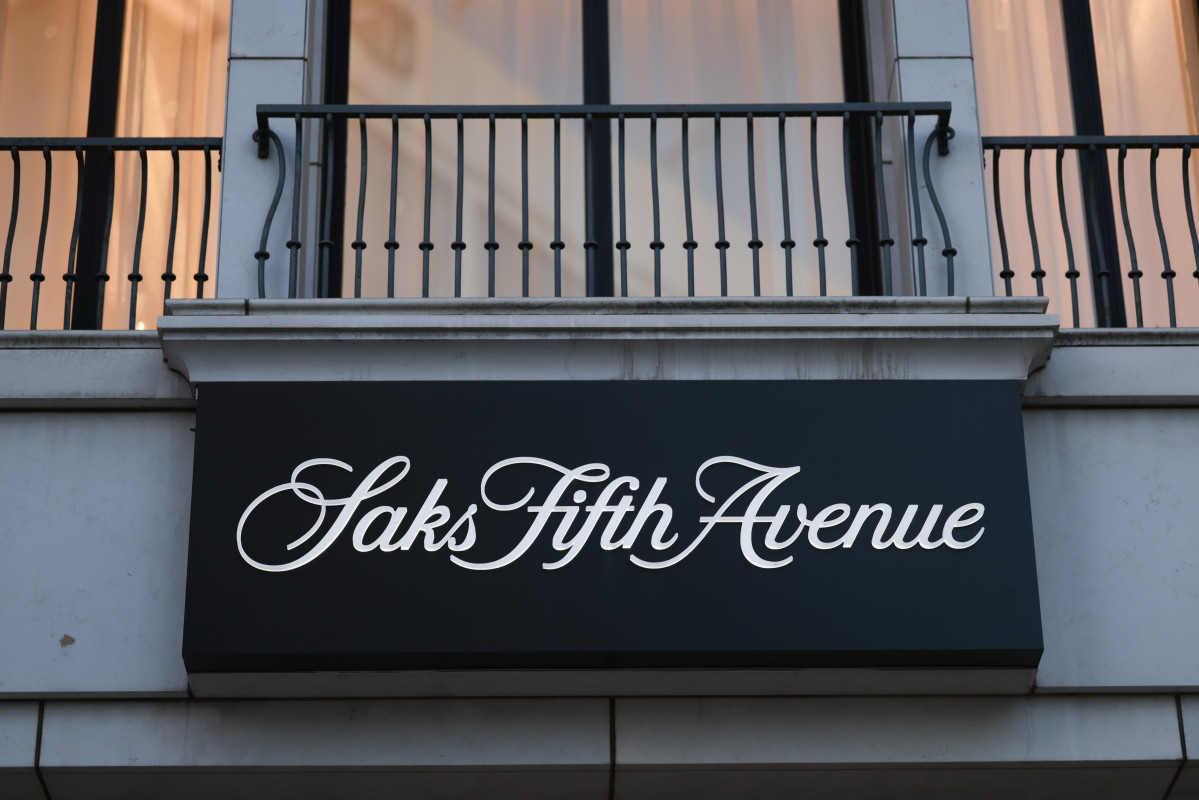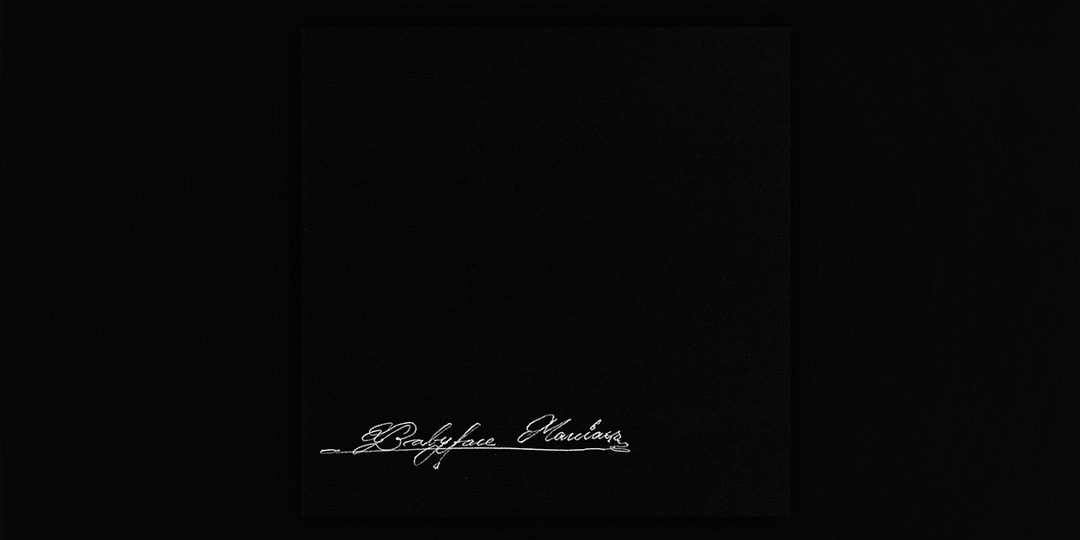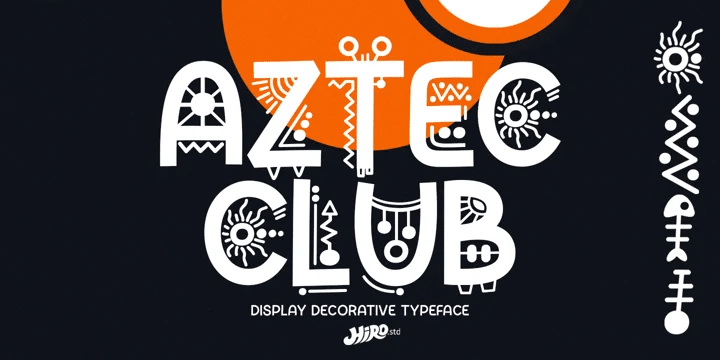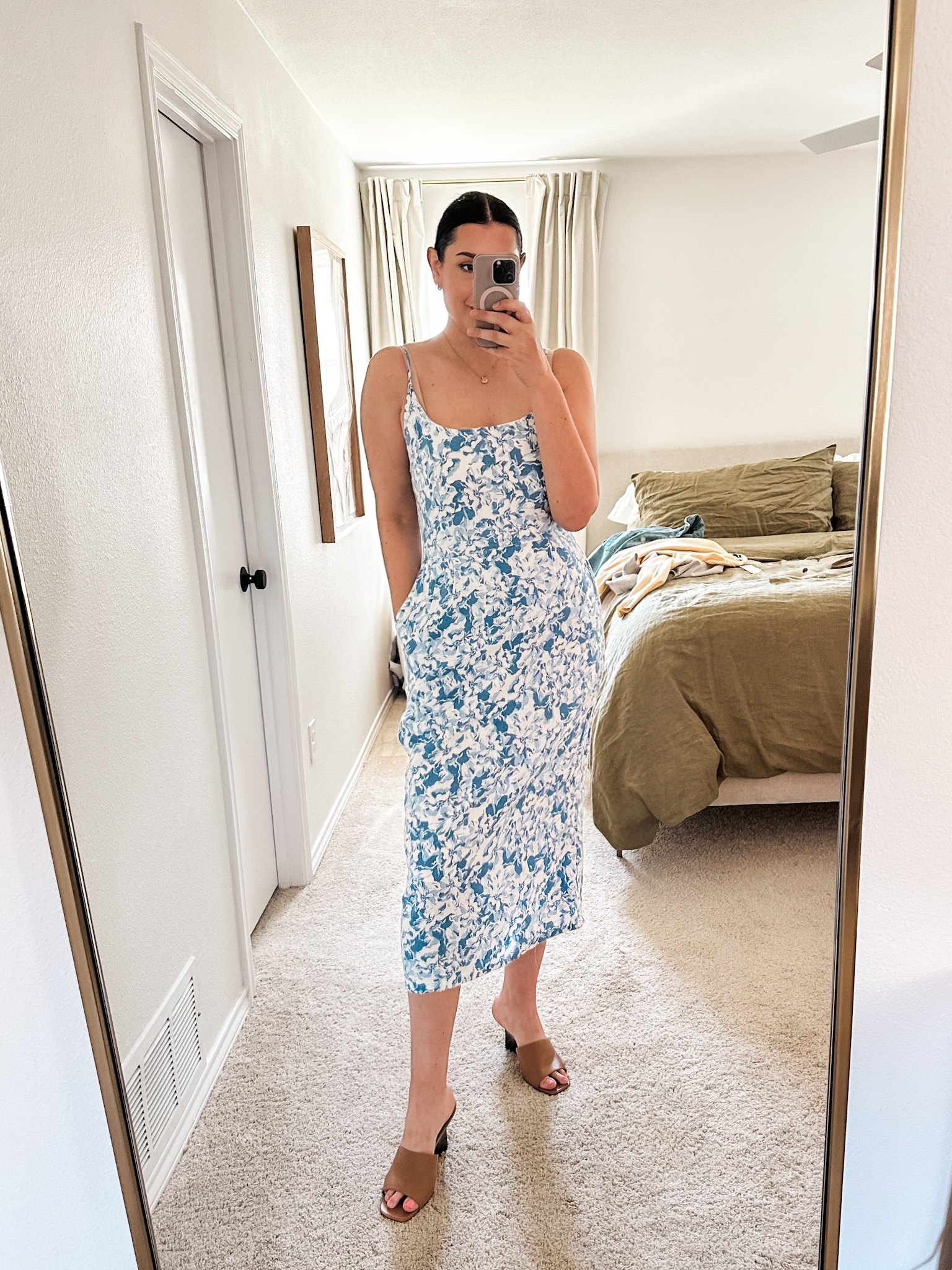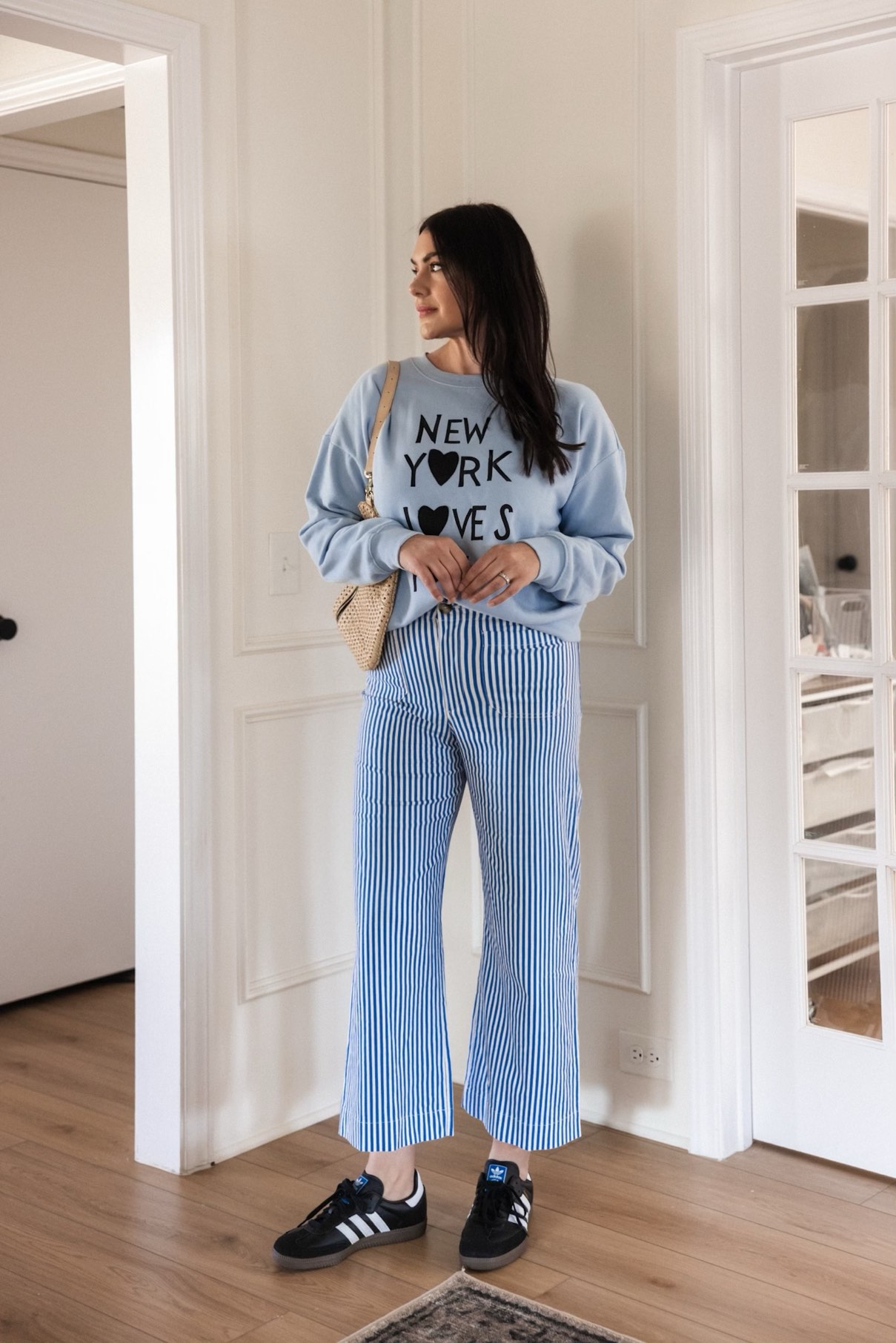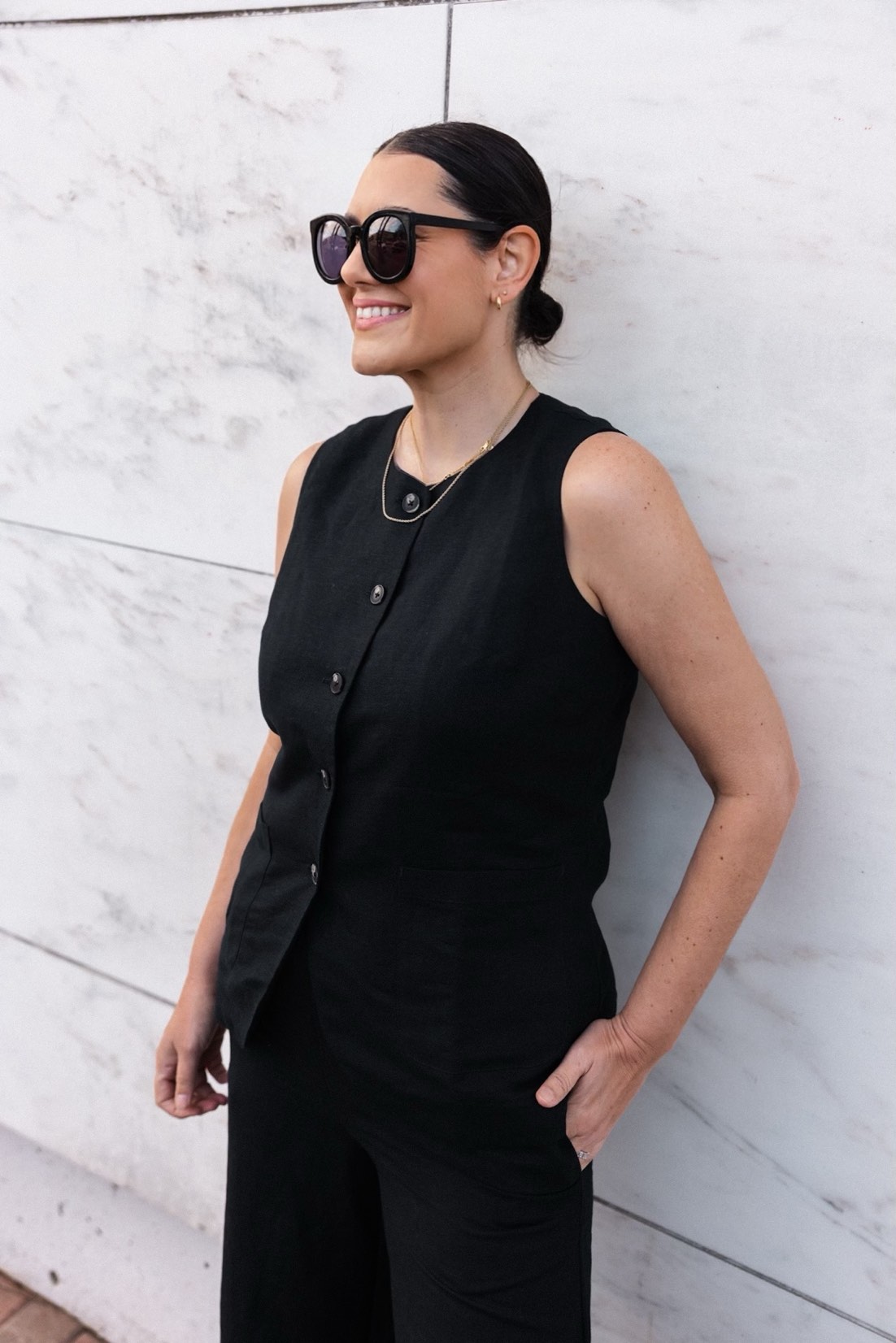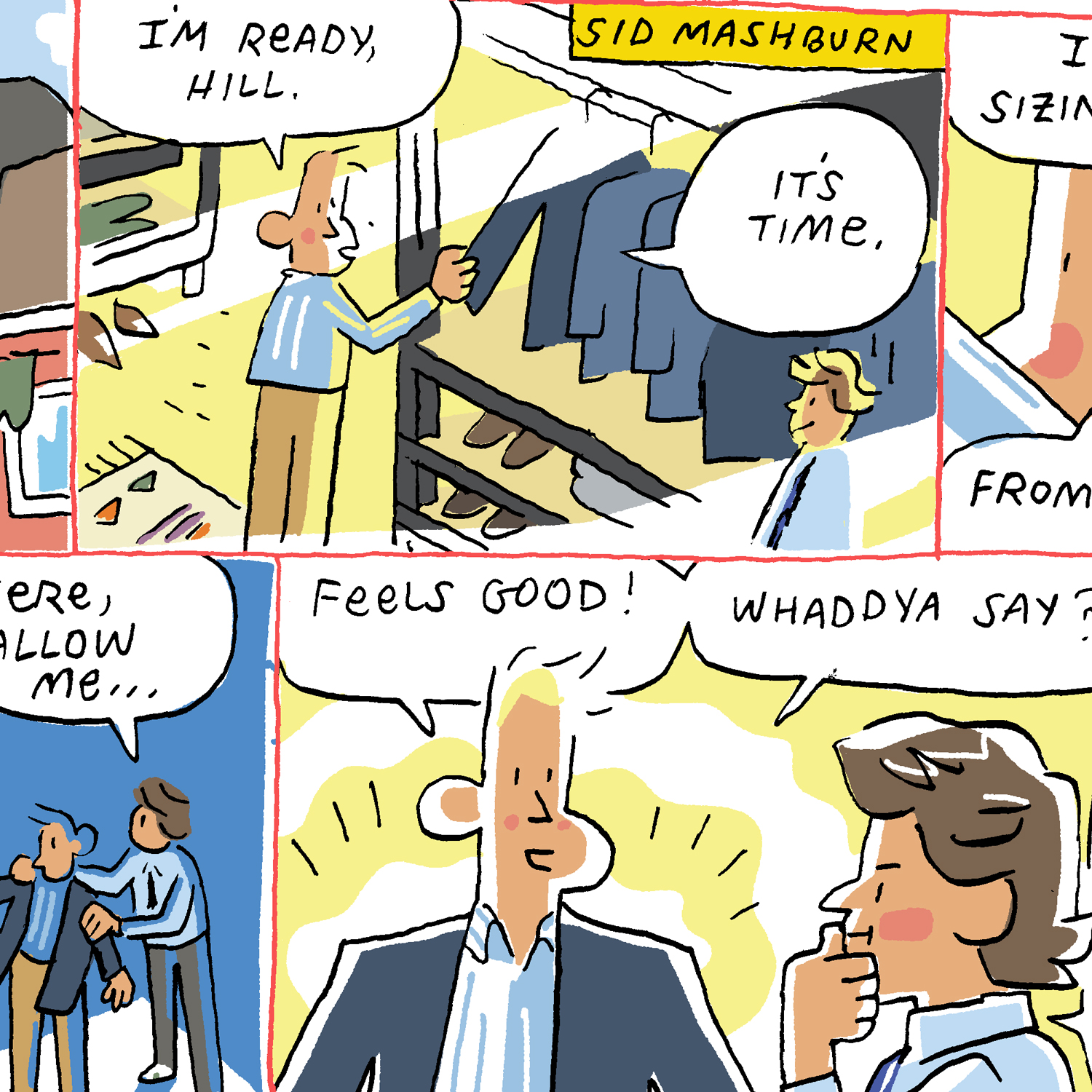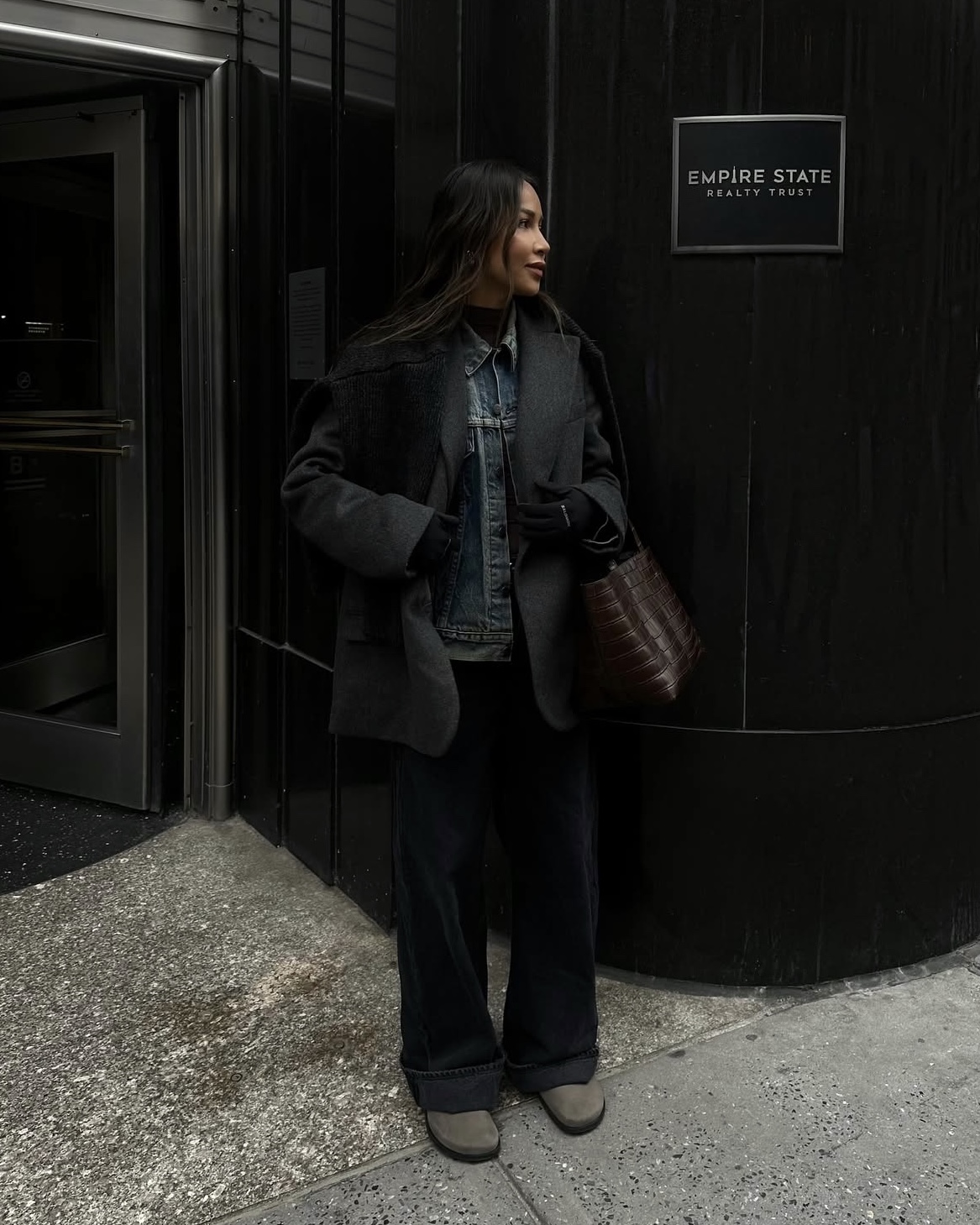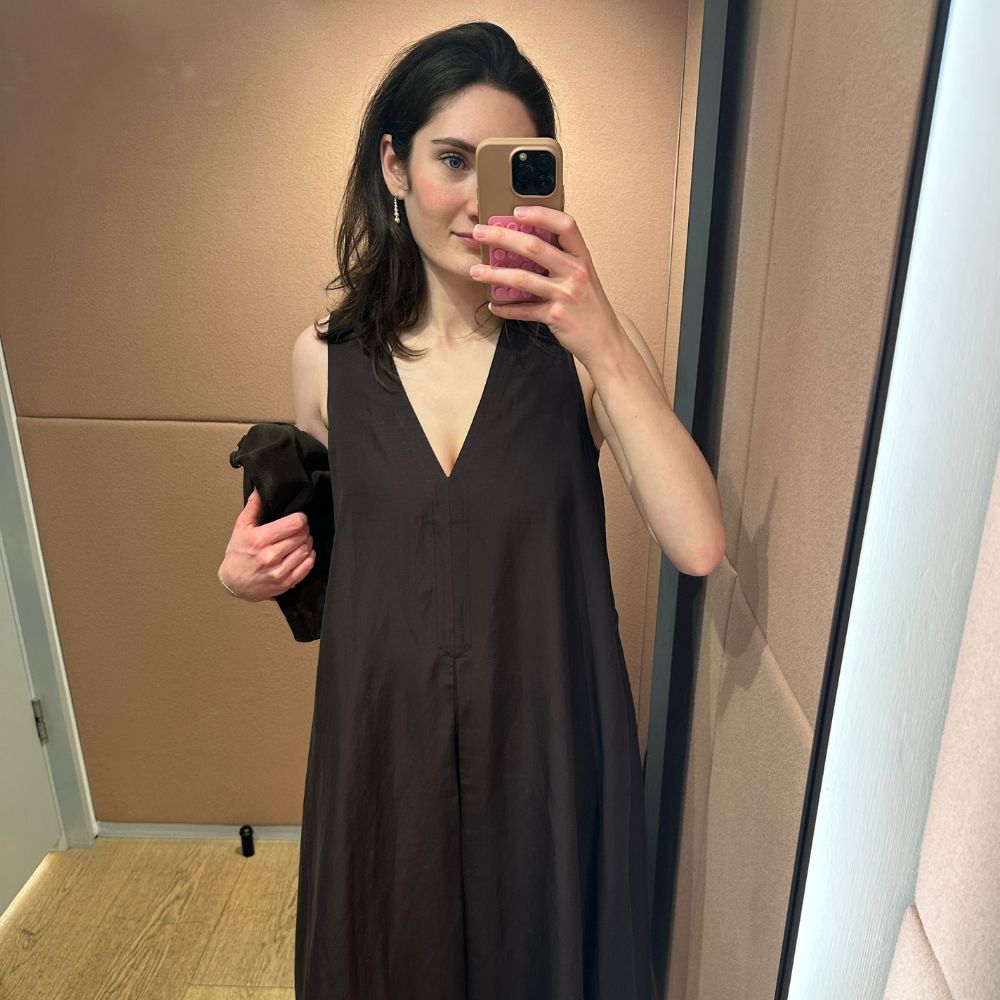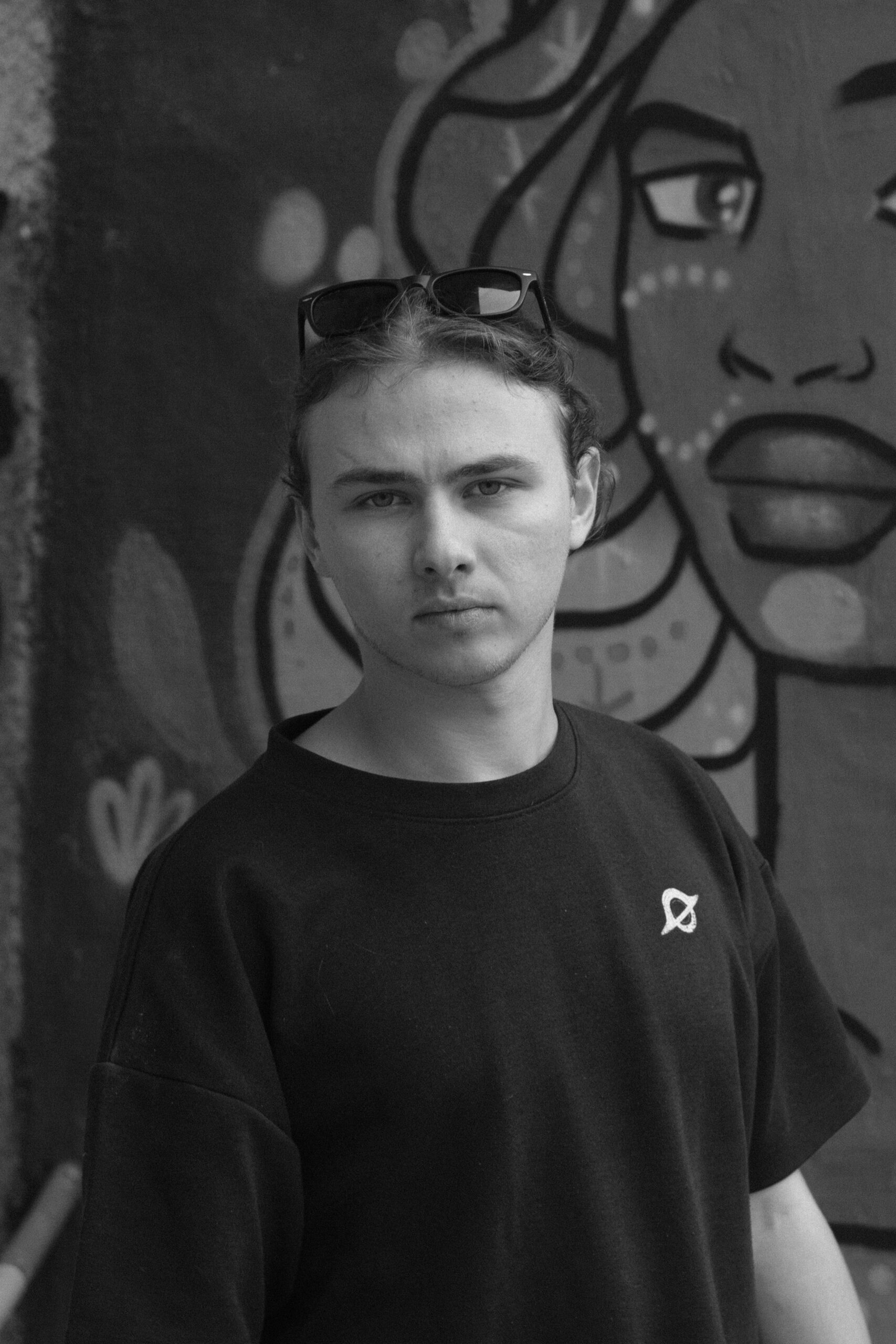How Changes to the Nicholl Fellowship Submissions Will Affect You
If you're into screenwriting in the slightest, you know about the Nicholl Fellowship. It's easily the most important and credible screenwriting contest. there really is no second place here. Winners of the Nicholls get money; they usually get agents, and their screenplays make the rounds in Hollywood. It's worth entering with your work if you want to break into Hollywood. Well, The Academy Nicholl Fellowships is changing their submission process. Here's what you need to know: Instead of accepting open submissions directly, they'll now work solely with select universities, screenwriting labs, and filmmaker programs worldwide. These partners will pre-screen scripts and nominate the strongest ones for the fellowship. Academy members will then review these nominated scripts to pick a winner. Howard Berger, Academy governor and president of the Academy Foundation Board, said via a statement: “As part of the globalization of the Academy and to deepen our relationship with educational partners around the U.S. and the world, we are excited to evolve the Nicholl Fellowships program to include a stronger connection to universities, screenwriting labs, and filmmaker programs and their incredible pool of emerging talent.” He continued, “Our commitment to discovering and supporting new voices remains stronger than ever, and I’m thankful to my fellow Academy members for dedicating their time and expertise to support this mission.”Key changes and dates: Partner-only submissions: Starting now, only scripts submitted through approved partner programs will be considered. Submission window: Partner programs can submit scripts between late July and late August. Fellowship announcement: The Nicholl fellows will be announced in spring 2026. Public Submissions: The Black List will continue to be the platform for public submissions.Partners on the List: The full list of Nicholl program partners for 2025 is below.American Film InstituteAustralian Film Television and Radio SchoolBangkok UniversityBerlin International Film FestivalThe Black ListCalifornia Institute of the ArtsCalifornia State University, Los AngelesCAPEChapman UniversityColumbia UniversityEdinburgh Napier UniversityGold HouseHoward UniversityIFFR ProLatino Film InstituteLondon Film SchoolLoyola Marymount UniversityNew York UniversityNorthwestern UniversityRMIT UniversitySavannah College of Art and DesignSundance InstituteToronto International Film FestivalToronto Metropolitan UniversityUniversidad del CineUniversity of Arts LondonUniversity of California, Los AngelesUniversity of Cape TownUniversity of North Carolina School of the ArtsUniversity of OxfordUniversity of Texas at AustinUrbanworld FestivalVictoria University of Wellington CREDIT: Bernard Hermant on Unsplash How Does this Affect Screenwriters? I am a bit in shock with all of this stuff, especially since there is already so much contention surrounding first-round judging in all screenwriting competitions. With little to no reasoning for what moves on, and the question of how many screenplays people read and if they even get all the way through for high asking prices. As we put above, Nicholl has said that each partner will vet and submit scripts for consideration for an Academy Nicholl Fellowship. So, they basically just farmed out their taste to different institutions. It takes the burden and cost of judging off their plate. There are a few worries here. The first is consolidation. We have seen this all over the studio system, with fewer and fewer places to sell screenplays. But now we're getting that in contests. I do wonder what the cost will be to enter—I bet it goes up. It would have to in order to pay the people vetting the scripts...unless they're unpaid, which would not motivate them to do well or read everything. And since people are reading at different levels, maybe just the Black List people will be paid to read, and the universities will not be. That would make me worried about entering in any other way other than public because that's the only one with accountability. I love The Black List and think it's an ultimate good, but I do wonder how an influx of screenplays to judge for the Nicholl will affect its readers and turnaround times for its paid coverage services. Another thing I thought about was if I were a student at one of those schools where the teachers pick who gets past the first round, I would want to know how the professors or whoever picks the work. I would also not submit through a school where someone on the faculty might hate me and instead opt to submit via the public route, on The Black List. I also think this list of partner schools is a little weird -- why do they need it? Why not have everyone apply through the public option? Shouldn't this be the search for the best scripts in the world, not at colleges? The Nicholl has capped entries before; will they do that again? Will they cap the public level or the universities? Why would any university want to disqualify its own


If you're into screenwriting in the slightest, you know about the Nicholl Fellowship. It's easily the most important and credible screenwriting contest.
there really is no second place here.
Winners of the Nicholls get money; they usually get agents, and their screenplays make the rounds in Hollywood.
It's worth entering with your work if you want to break into Hollywood.
Well, The Academy Nicholl Fellowships is changing their submission process.
Here's what you need to know:
Instead of accepting open submissions directly, they'll now work solely with select universities, screenwriting labs, and filmmaker programs worldwide. These partners will pre-screen scripts and nominate the strongest ones for the fellowship.
Academy members will then review these nominated scripts to pick a winner.
Howard Berger, Academy governor and president of the Academy Foundation Board, said via a statement: “As part of the globalization of the Academy and to deepen our relationship with educational partners around the U.S. and the world, we are excited to evolve the Nicholl Fellowships program to include a stronger connection to universities, screenwriting labs, and filmmaker programs and their incredible pool of emerging talent.” He continued, “Our commitment to discovering and supporting new voices remains stronger than ever, and I’m thankful to my fellow Academy members for dedicating their time and expertise to support this mission.”
Key changes and dates:
- Partner-only submissions: Starting now, only scripts submitted through approved partner programs will be considered.
- Submission window: Partner programs can submit scripts between late July and late August.
- Fellowship announcement: The Nicholl fellows will be announced in spring 2026.
- Public Submissions: The Black List will continue to be the platform for public submissions.
Partners on the List:
The full list of Nicholl program partners for 2025 is below.
- American Film Institute
- Australian Film Television and Radio School
- Bangkok University
- Berlin International Film Festival
- The Black List
- California Institute of the Arts
- California State University, Los Angeles
- CAPE
- Chapman University
- Columbia University
- Edinburgh Napier University
- Gold House
- Howard University
- IFFR Pro
- Latino Film Institute
- London Film School
- Loyola Marymount University
- New York University
- Northwestern University
- RMIT University
- Savannah College of Art and Design
- Sundance Institute
- Toronto International Film Festival
- Toronto Metropolitan University
- Universidad del Cine
- University of Arts London
- University of California, Los Angeles
- University of Cape Town
- University of North Carolina School of the Arts
- University of Oxford
- University of Texas at Austin
- Urbanworld Festival
- Victoria University of Wellington
 CREDIT: Bernard Hermant on Unsplash
CREDIT: Bernard Hermant on Unsplash
How Does this Affect Screenwriters?
I am a bit in shock with all of this stuff, especially since there is already so much contention surrounding first-round judging in all screenwriting competitions. With little to no reasoning for what moves on, and the question of how many screenplays people read and if they even get all the way through for high asking prices.
As we put above, Nicholl has said that each partner will vet and submit scripts for consideration for an Academy Nicholl Fellowship.
So, they basically just farmed out their taste to different institutions. It takes the burden and cost of judging off their plate.
There are a few worries here. The first is consolidation. We have seen this all over the studio system, with fewer and fewer places to sell screenplays.
But now we're getting that in contests.
I do wonder what the cost will be to enter—I bet it goes up. It would have to in order to pay the people vetting the scripts...unless they're unpaid, which would not motivate them to do well or read everything.
And since people are reading at different levels, maybe just the Black List people will be paid to read, and the universities will not be.
That would make me worried about entering in any other way other than public because that's the only one with accountability. I love The Black List and think it's an ultimate good, but I do wonder how an influx of screenplays to judge for the Nicholl will affect its readers and turnaround times for its paid coverage services.
Another thing I thought about was if I were a student at one of those schools where the teachers pick who gets past the first round, I would want to know how the professors or whoever picks the work. I would also not submit through a school where someone on the faculty might hate me and instead opt to submit via the public route, on The Black List.
I also think this list of partner schools is a little weird -- why do they need it? Why not have everyone apply through the public option?
Shouldn't this be the search for the best scripts in the world, not at colleges?
The Nicholl has capped entries before; will they do that again? Will they cap the public level or the universities?
Why would any university want to disqualify its own students? Therefore, they can have the most shots at some free advertising for their film programs.
And if all those universities send in a ton of scripts, will there be less acceptance from the public option?
Again, so many questions. No real answers. We'll keep you updated as this all develops.
Let us know what you think in the comments.



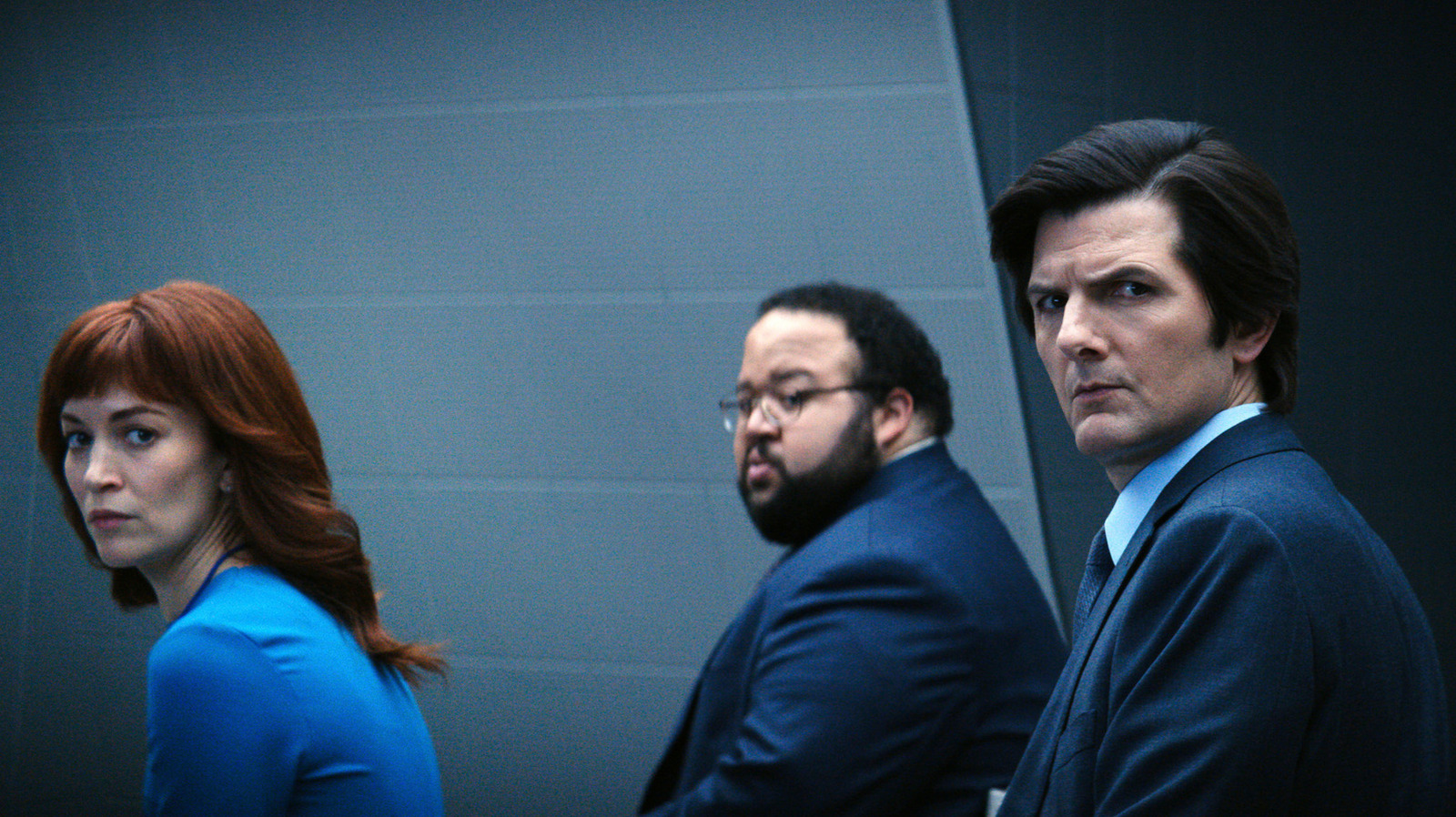

![Tubi’s ‘Ex Door Neighbor’ Cleverly Plays on Expectations [Review]](https://bloody-disgusting.com/wp-content/uploads/2025/03/Ex-Door-Neighbor-2025.jpeg)
![Uncovering the True Villains of Gore Verbinski’s ‘The Ring’ [The Lady Killers Podcast]](https://bloody-disgusting.com/wp-content/uploads/2025/03/Screenshot-2025-03-27-at-8.00.32-AM.png)












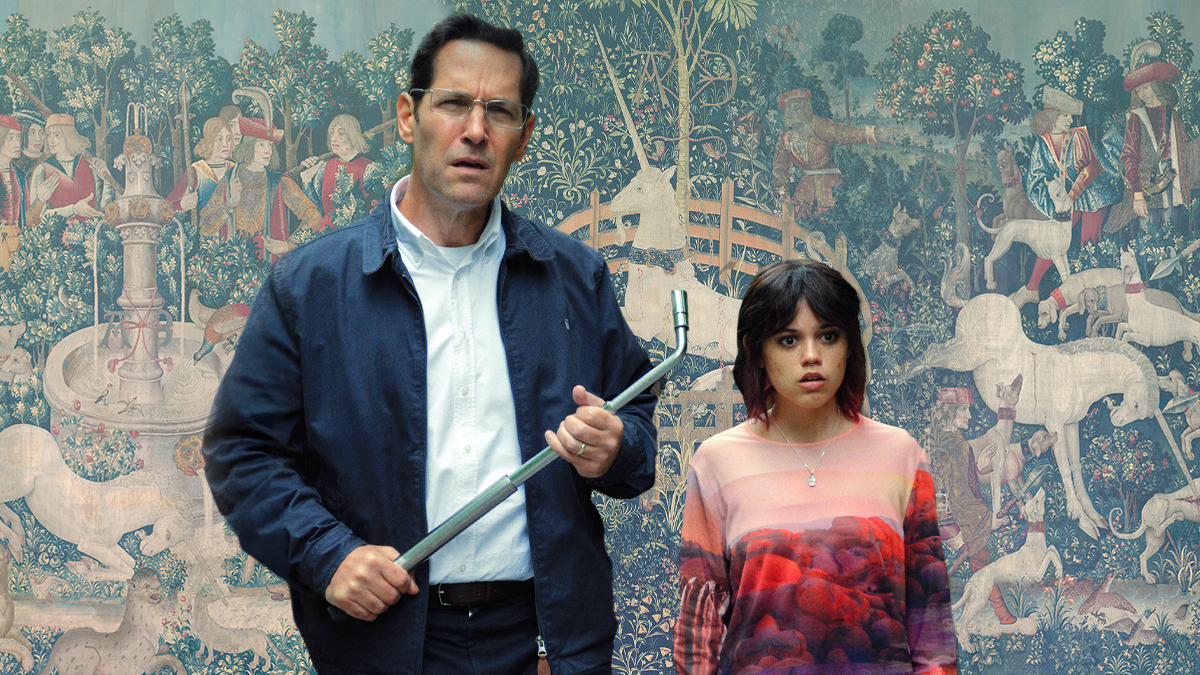







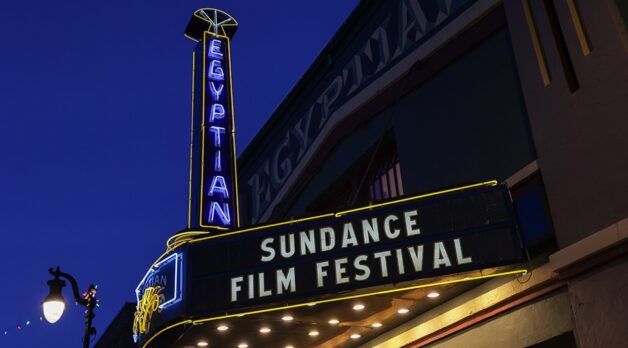
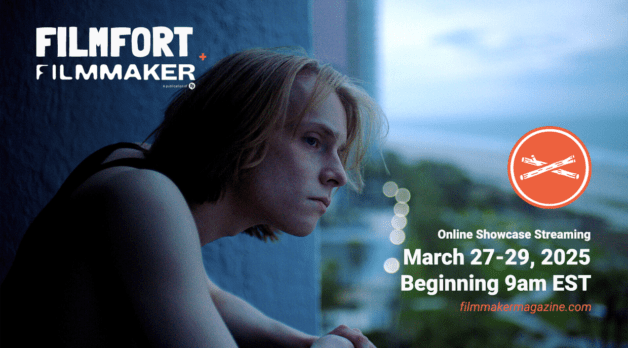


















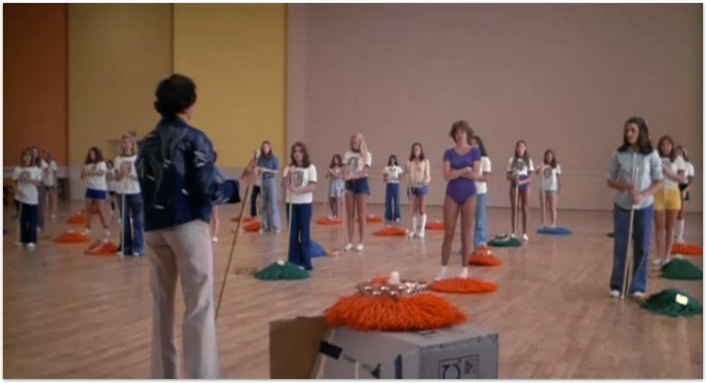
![Time-Tasting Places in 3 Current Releases [THE POWER OF THE DOG, PASSING, NO TIME TO DIE]](https://jonathanrosenbaum.net/wp-content/uploads/2021/11/000thepowerofthedog-1024x576.png)

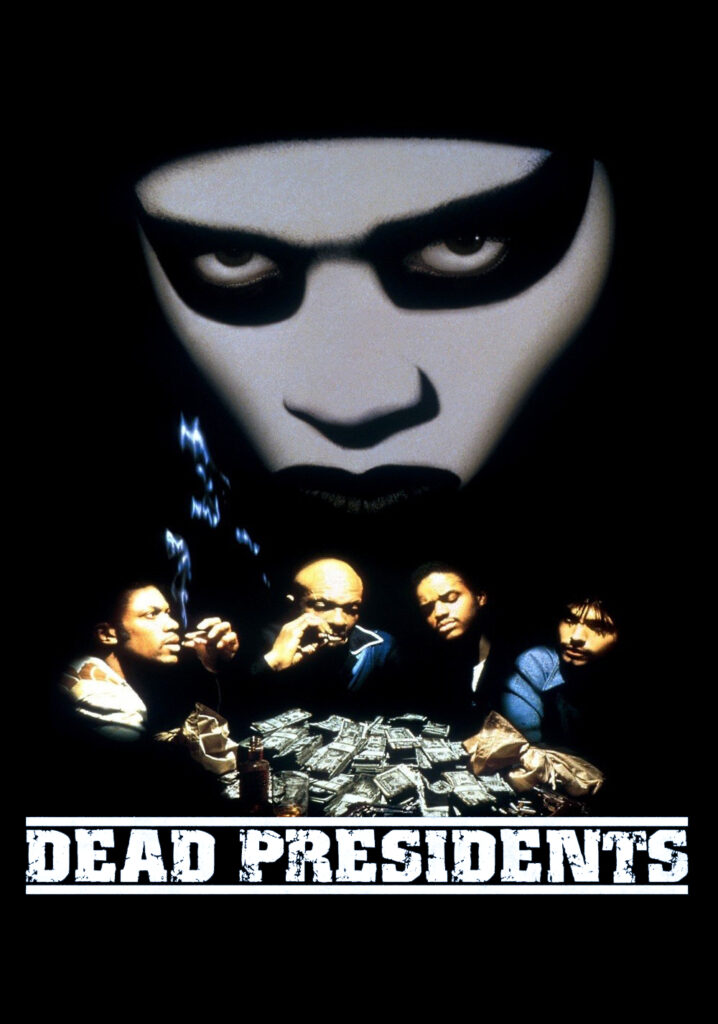

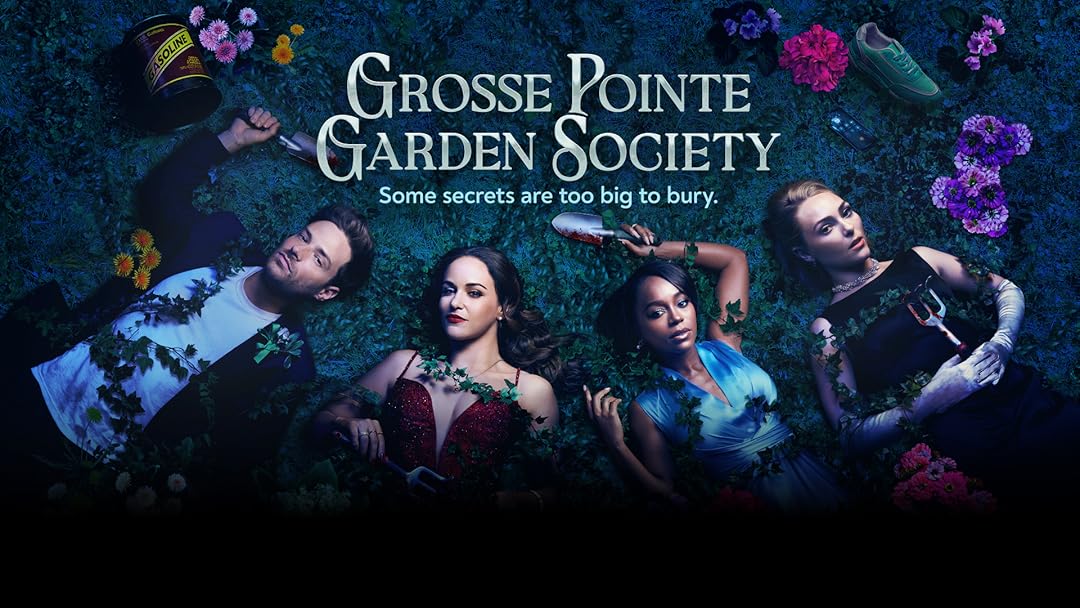

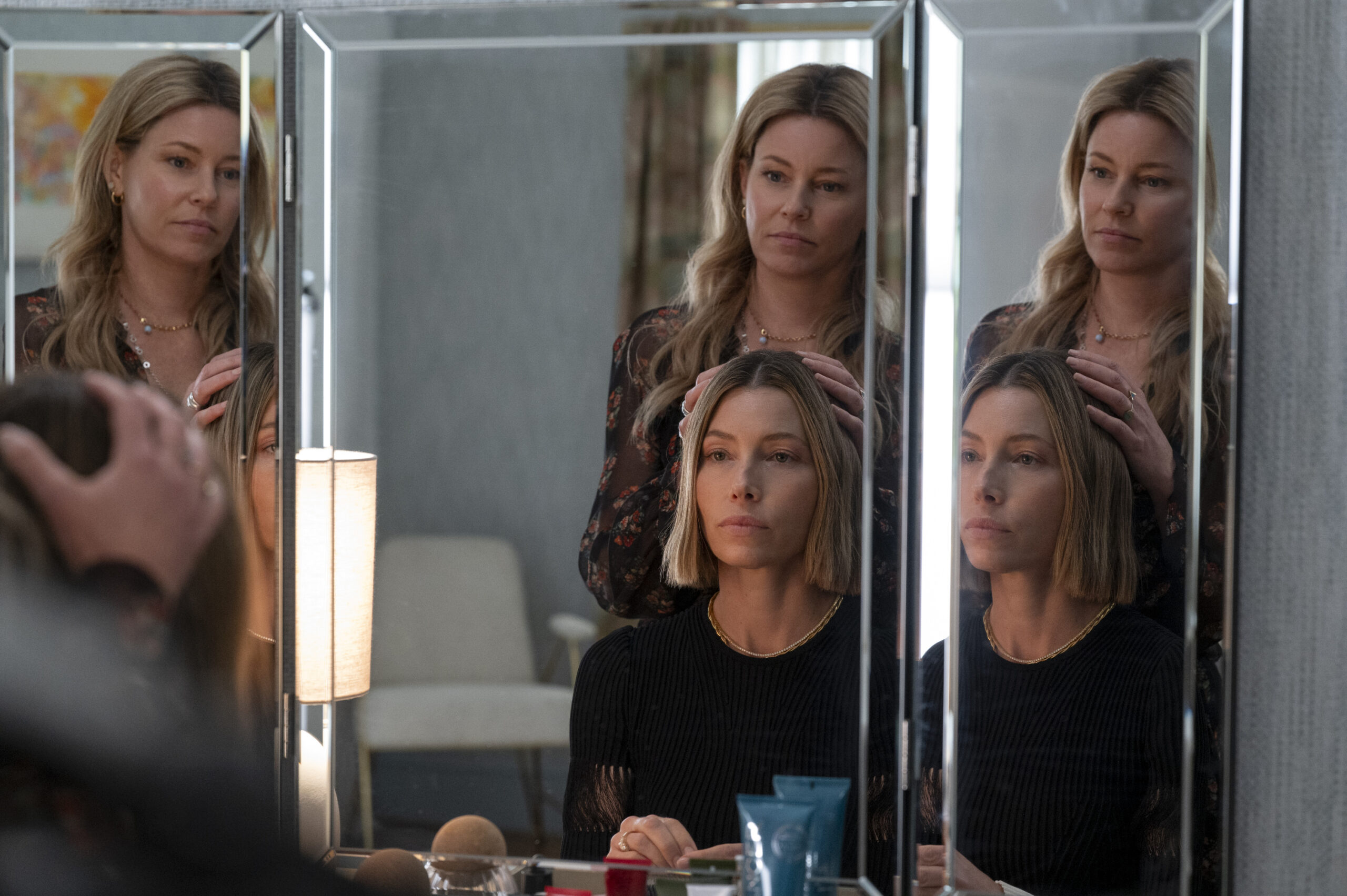





















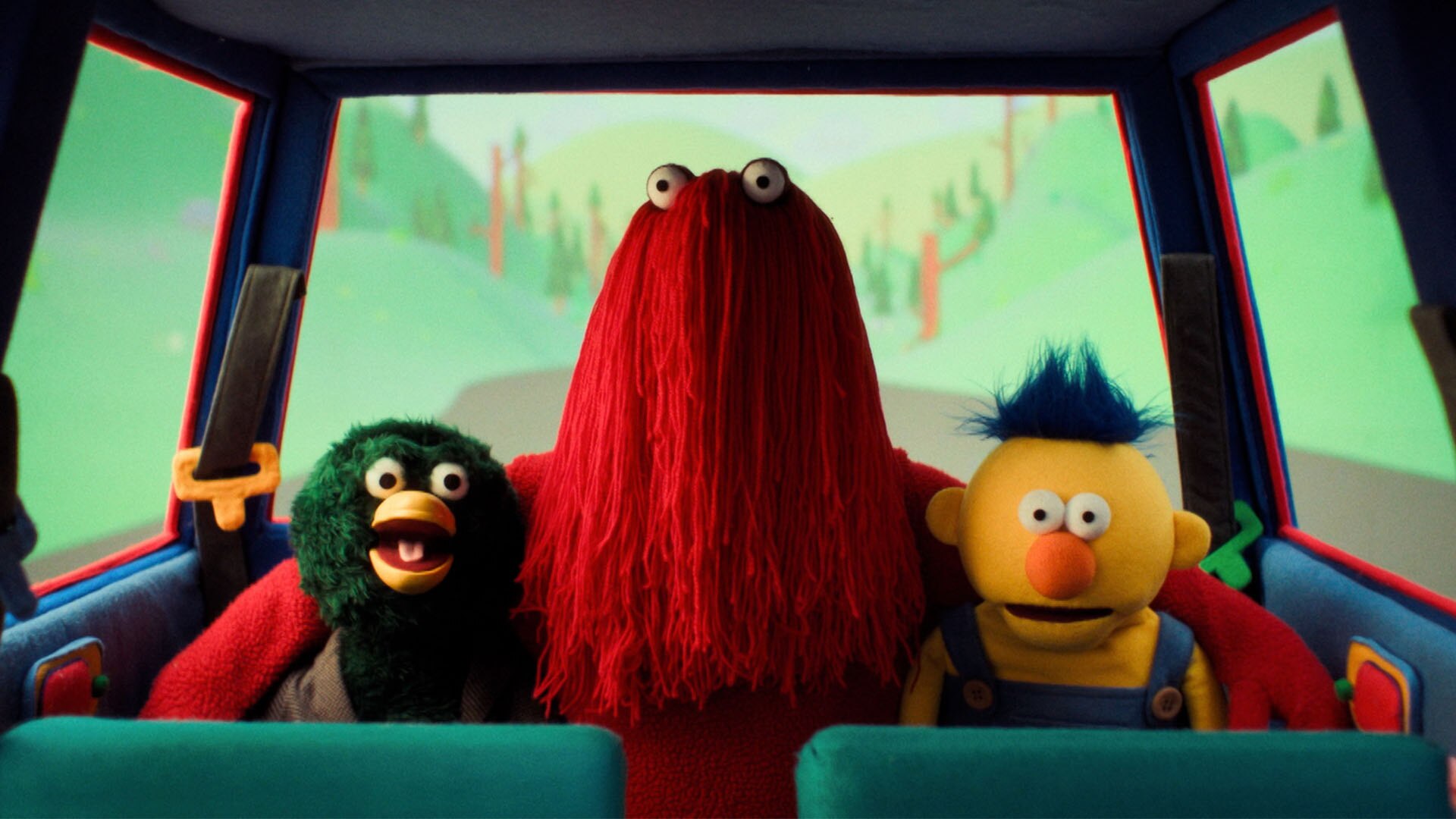
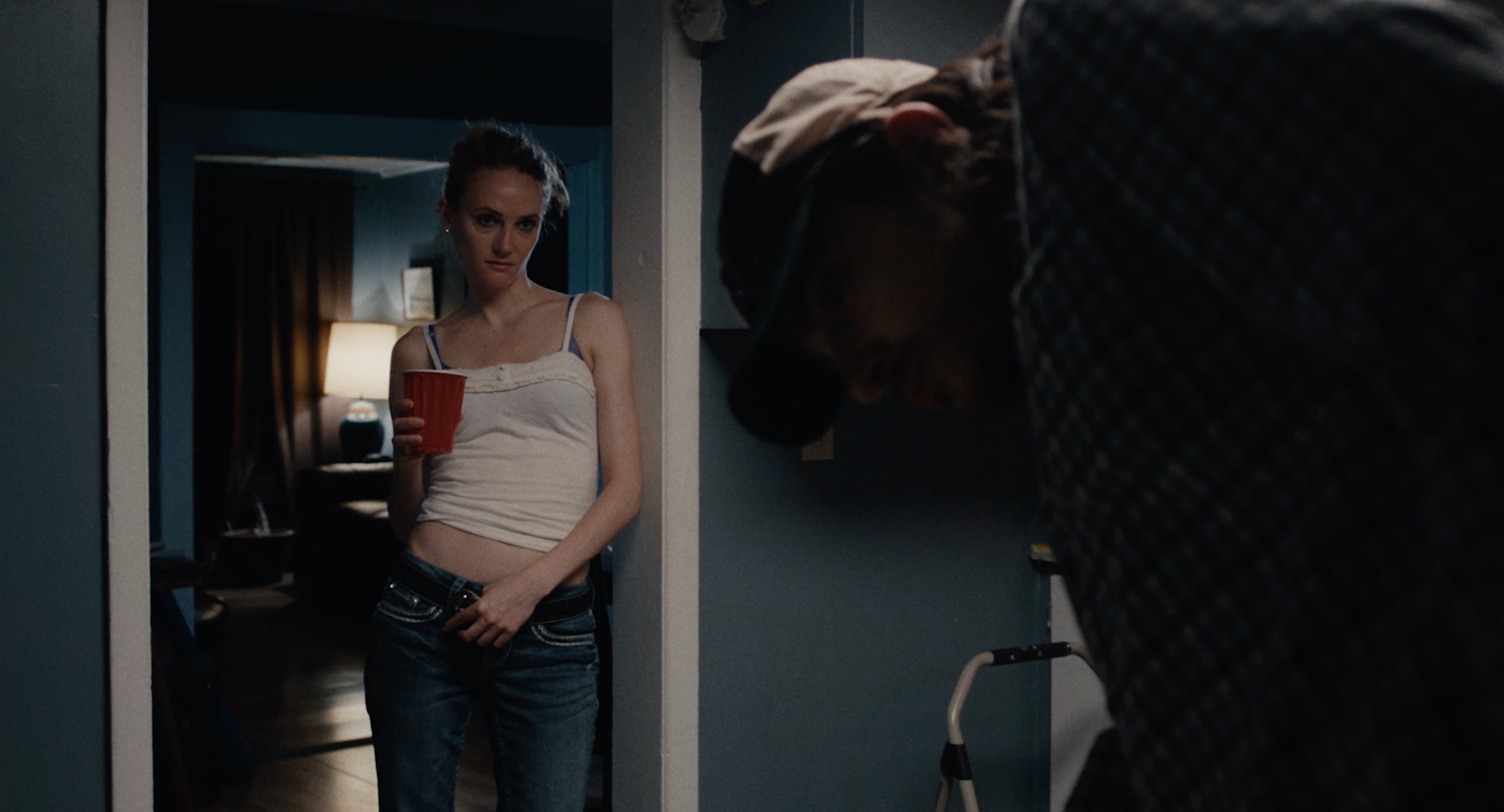







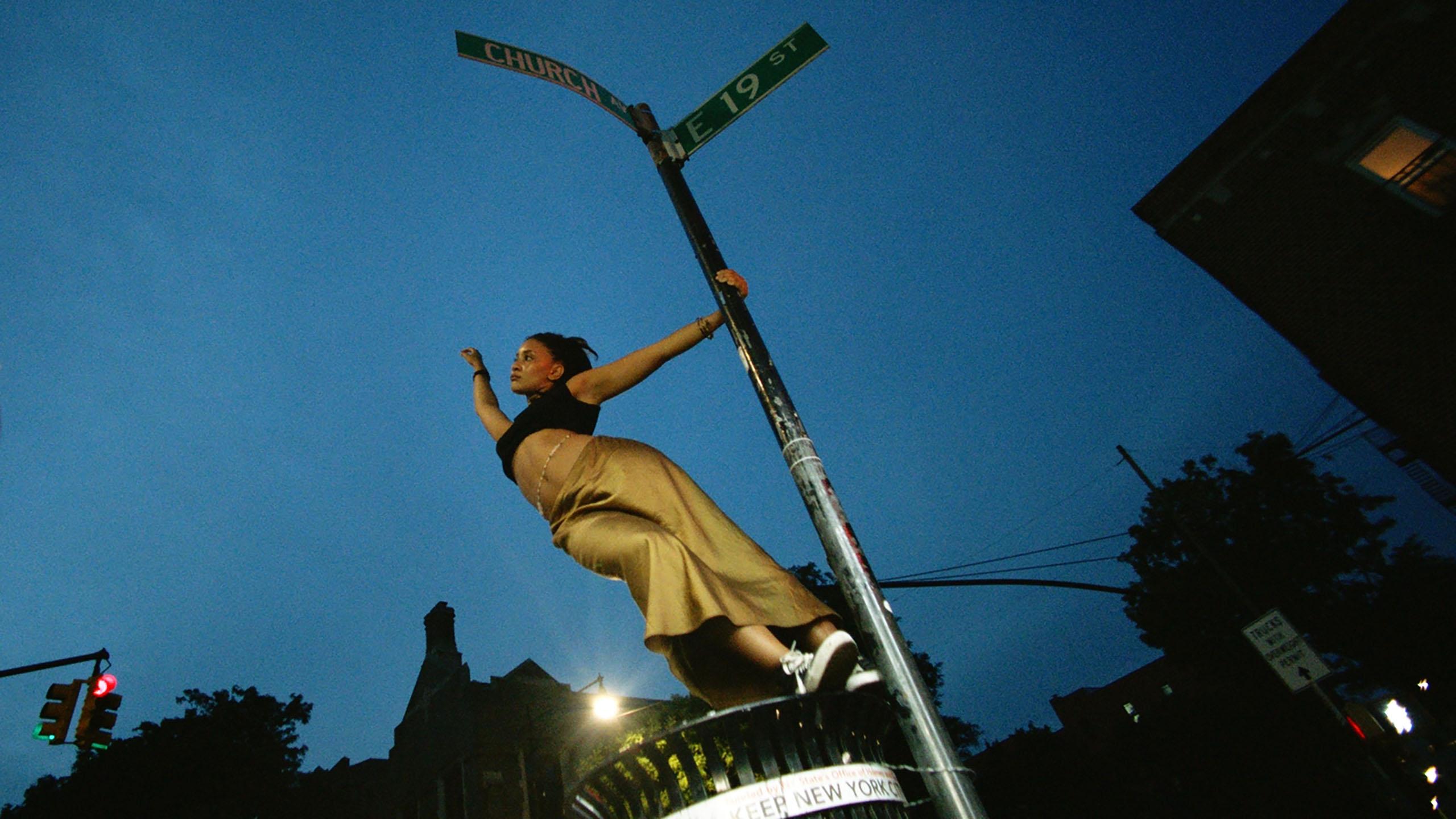
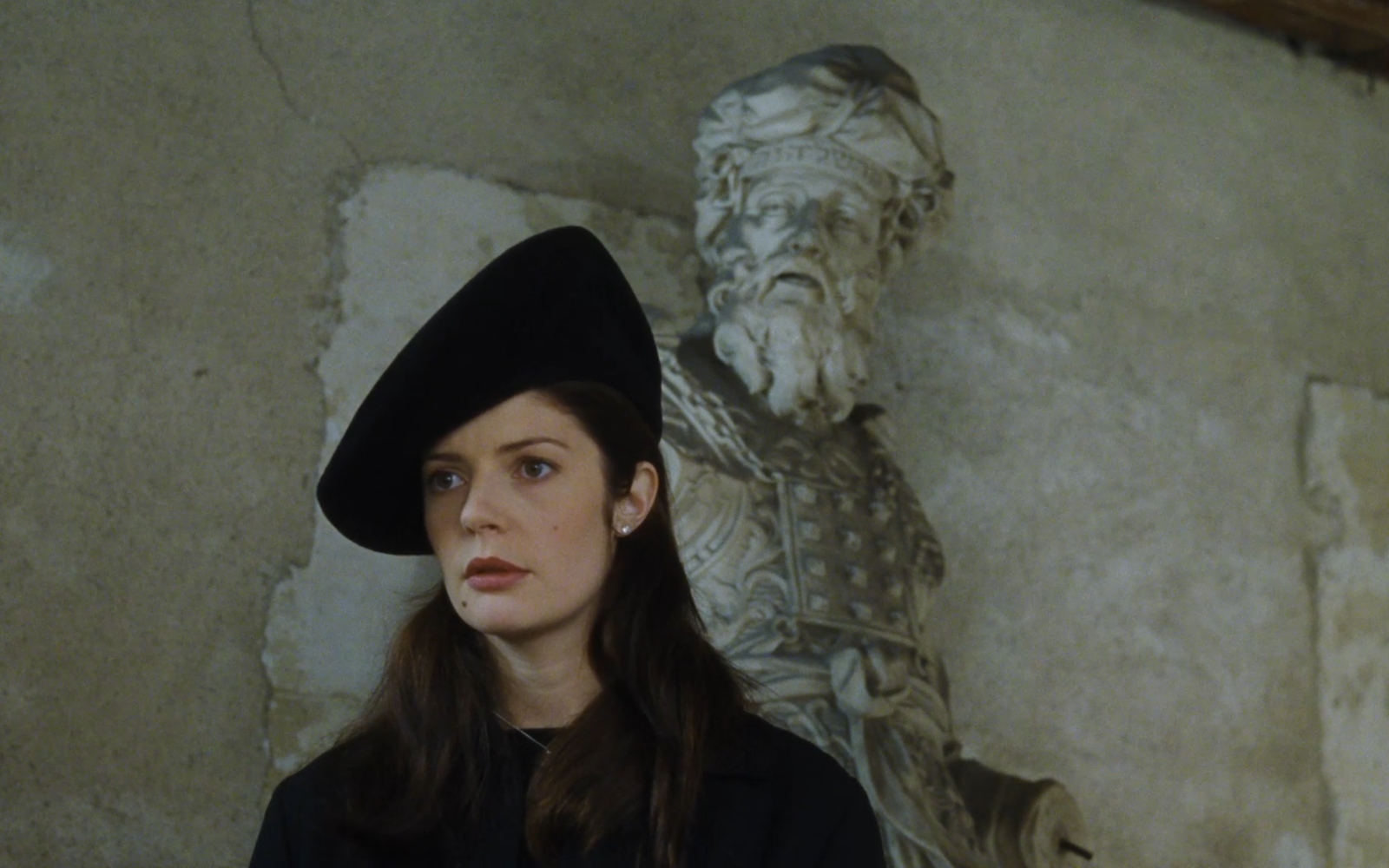

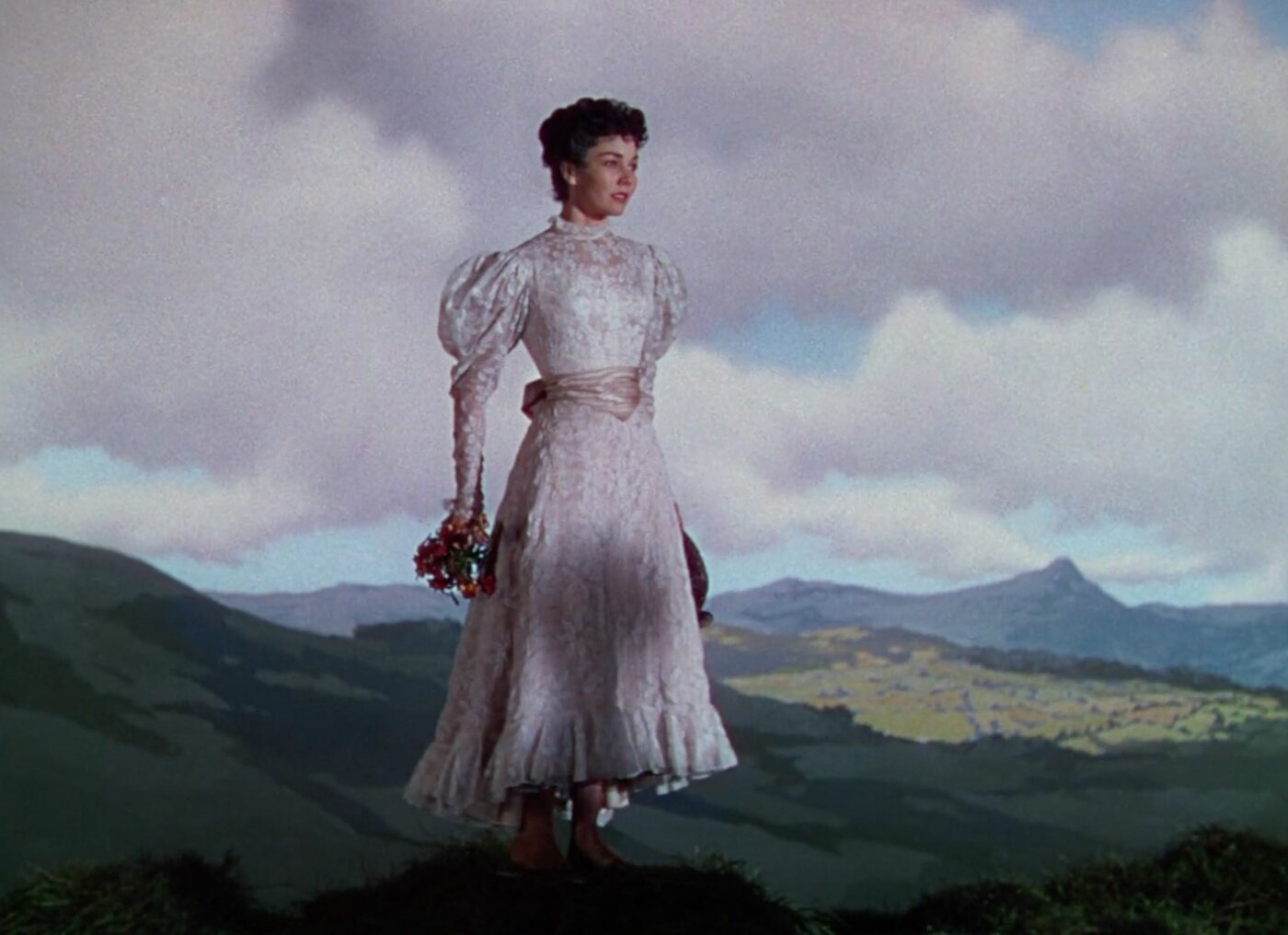






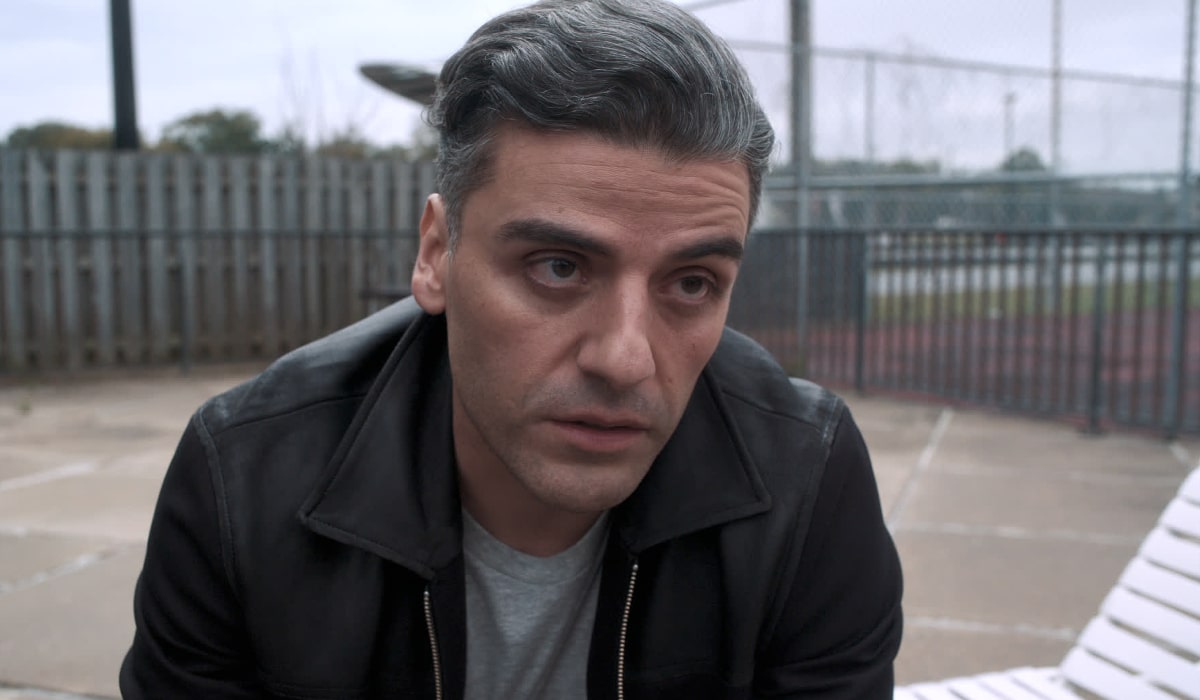




































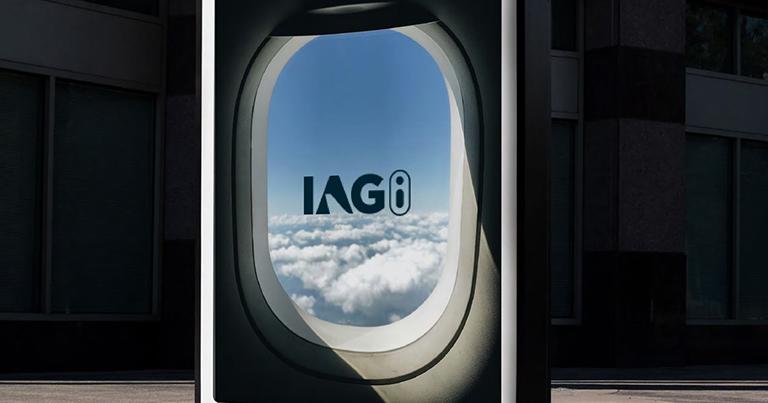
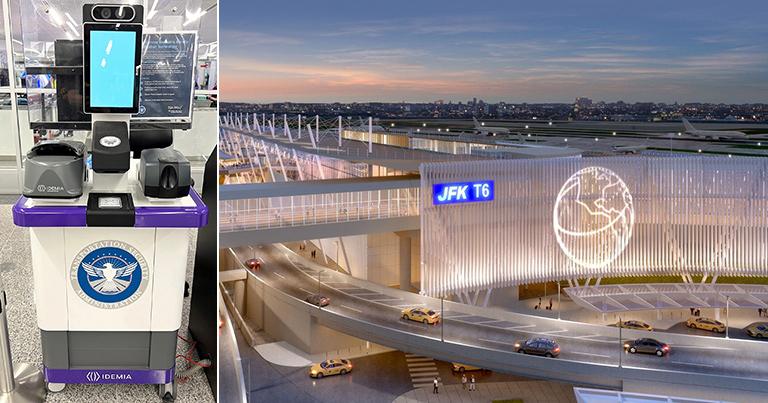



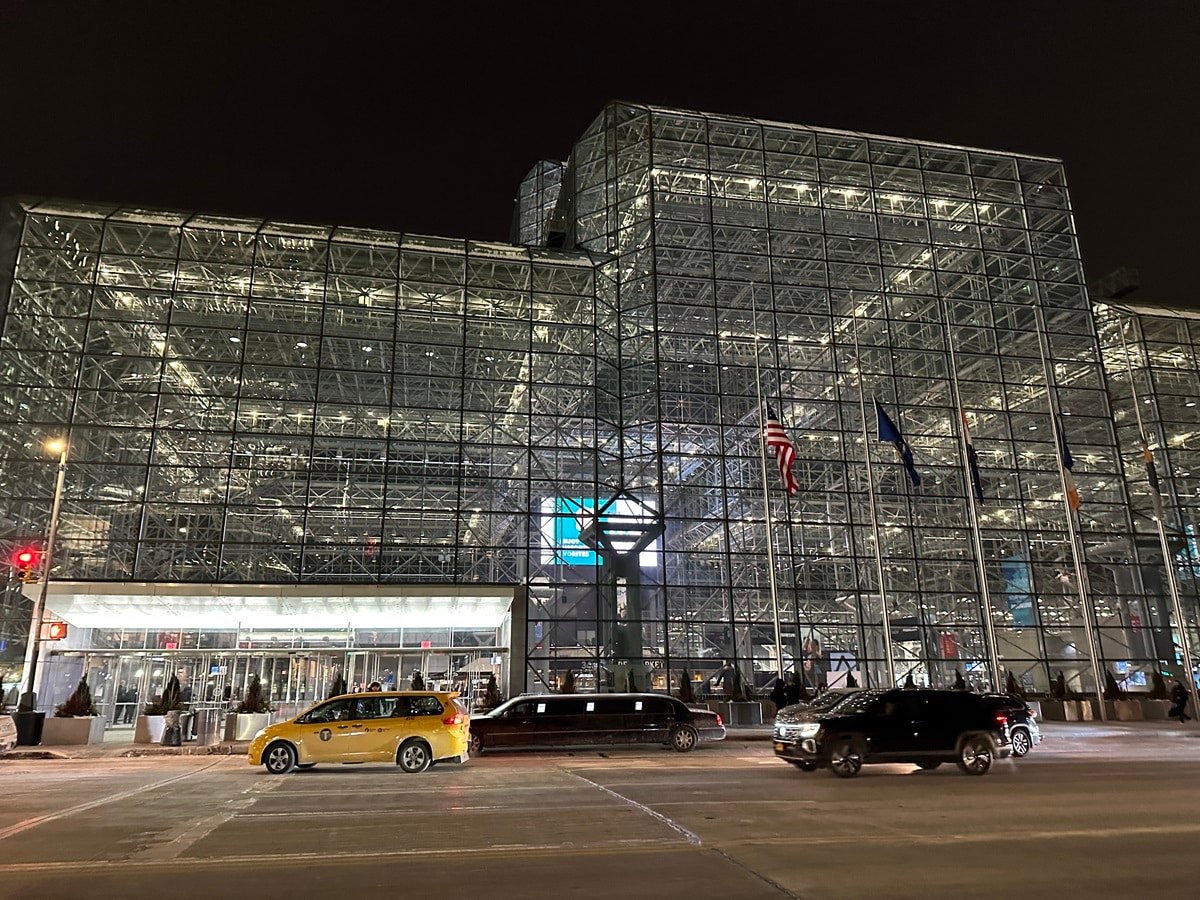



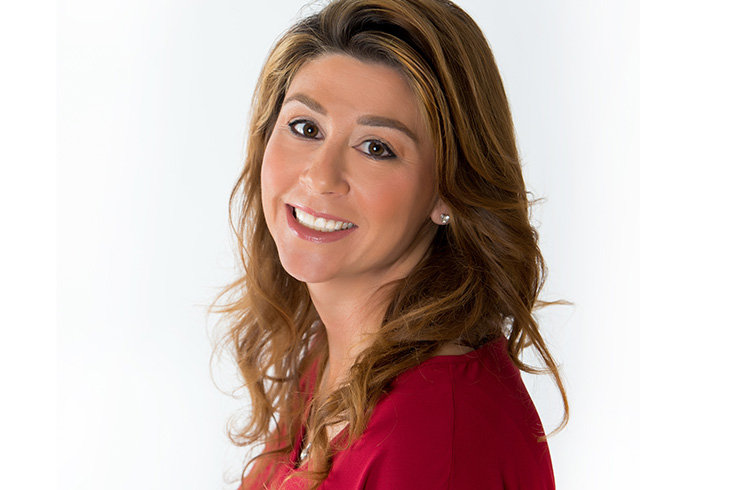
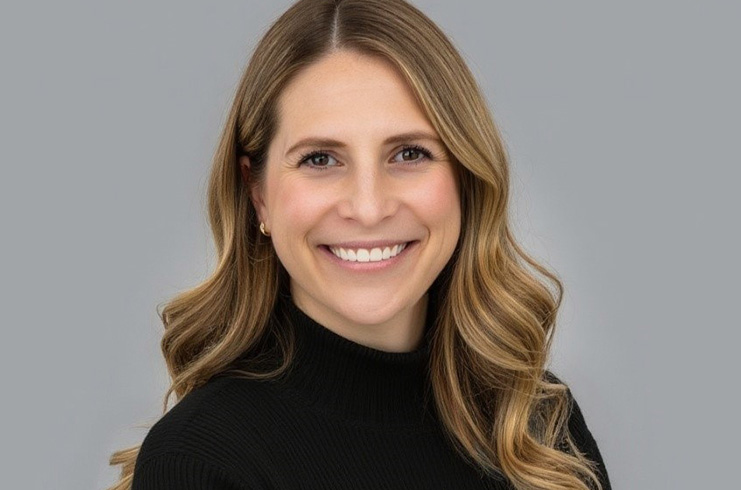








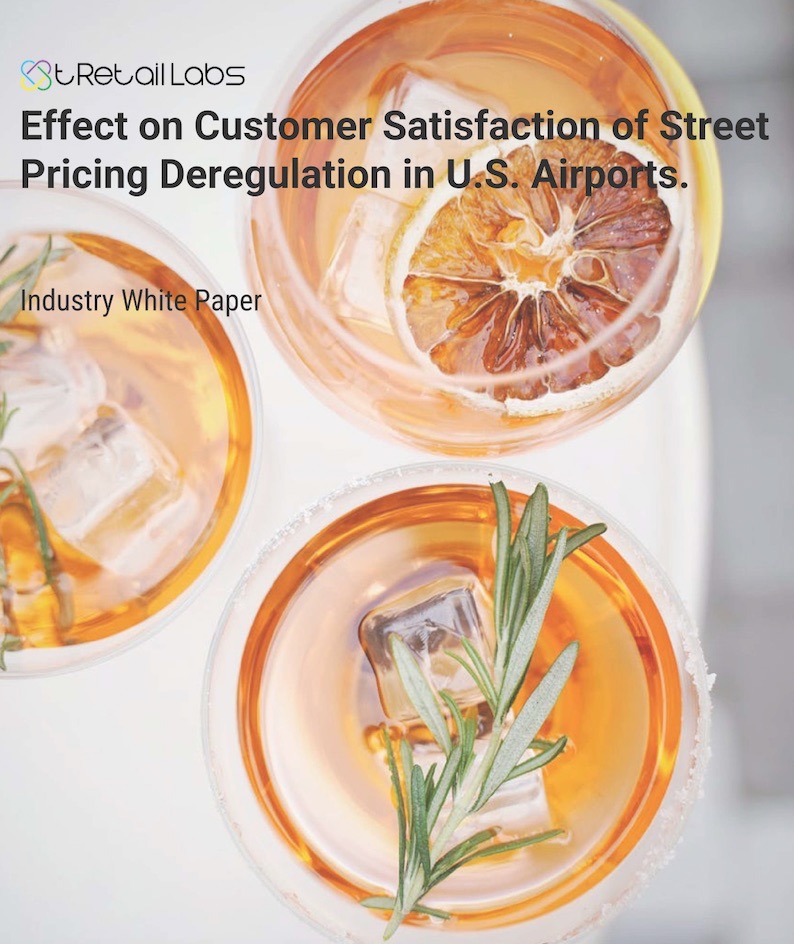





















































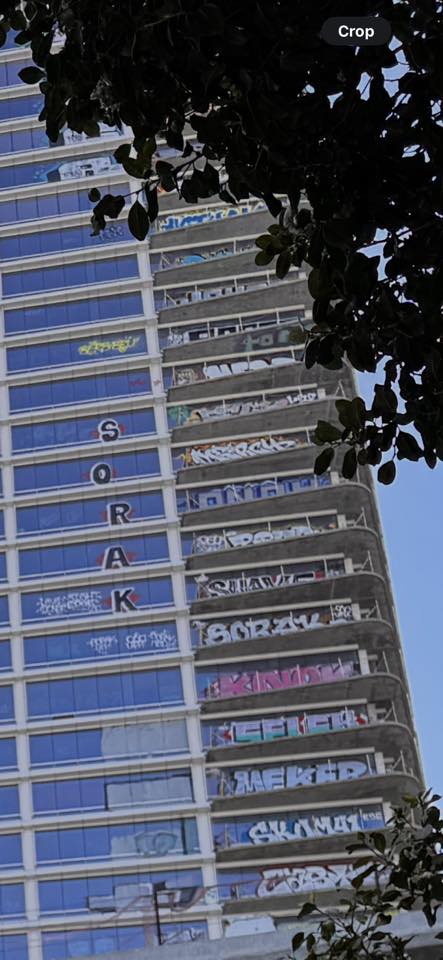









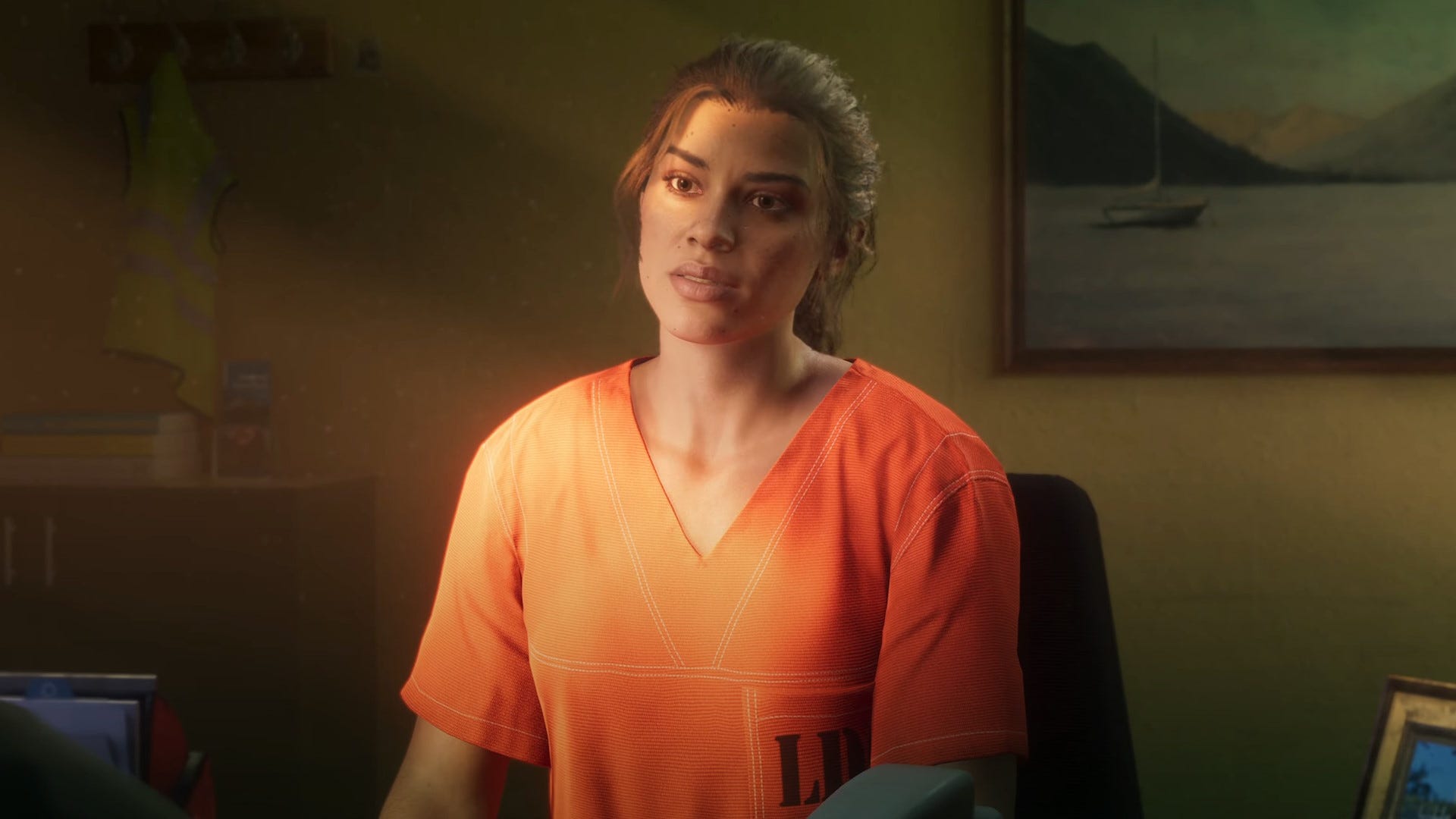










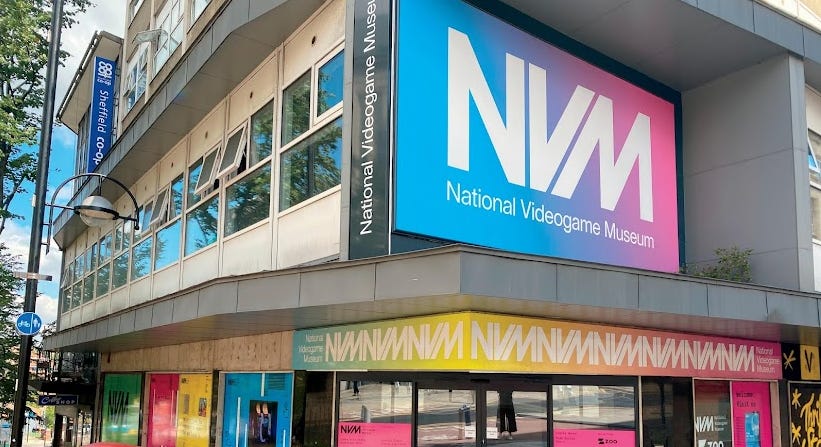








.png?#)















![Mini Review: Rendering Ranger: R2 [Rewind] (Switch) - A Novel Run 'N' Gun/Shooter Hybrid That's Finally Affordable](https://images.nintendolife.com/0e9d68643dde0/large.jpg?#)



































